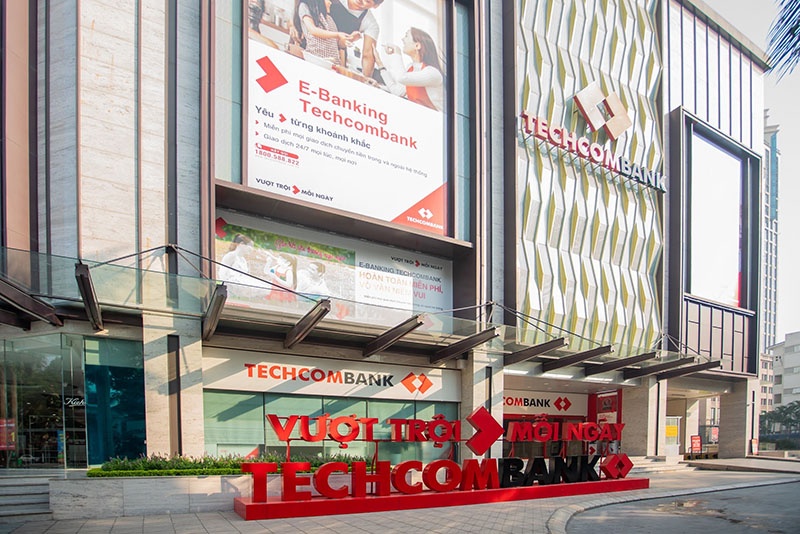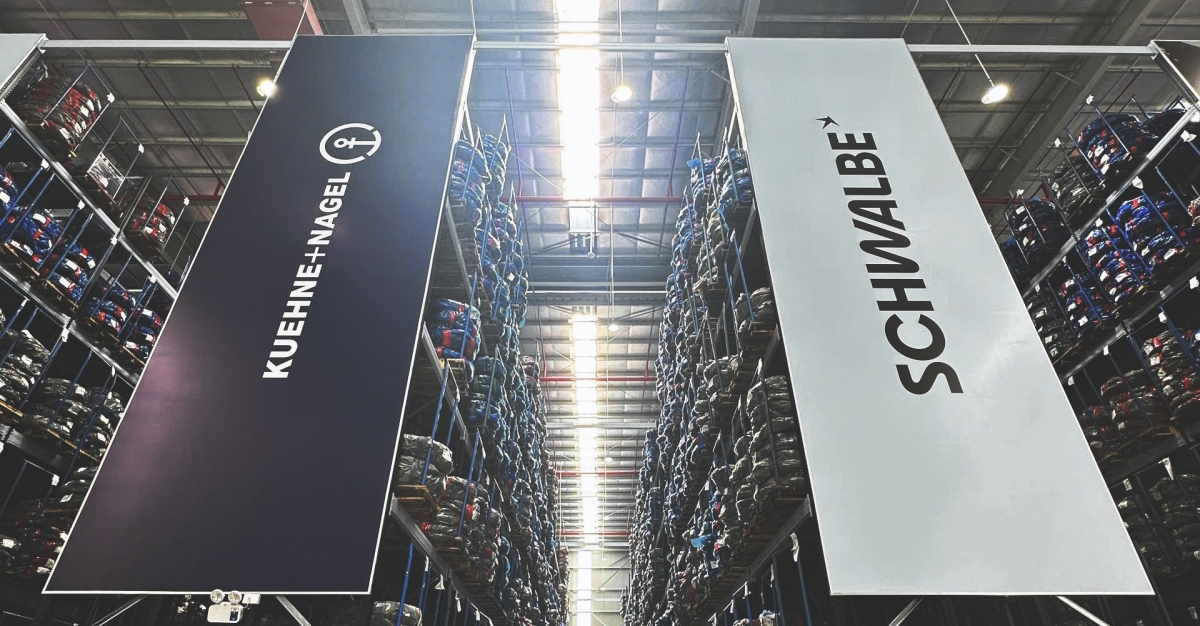INTERNATIONAL INVESTMENT
AND PORTAL
 Techcombank is on track to be among the top ASEAN banks
Techcombank is on track to be among the top ASEAN banks
Techcombank’s rise within the Vietnamese banking industry was highlighted last year when it became the first non-state-owned bank to join Vietnam’s billion-dollar profit club.
“Even in the very tough environment we are seeing, our employees have maintained a high quality and reliable service for our customers and this is helping us to deliver stellar performance year after year,” said Jens Lottner, CEO of Techcombank.
Last year, the bank continued to reduce costs while focusing on building deposits in its current accounts and savings accounts (CASA), which Lottner described as a “stable and cheap” source of funding. Techcombank’s CASA ratio, which reflects the percentage of the bank’s total deposits that are CASA, jumped from 46.1 per cent in 2020 to 50.5 per cent last year, well on its way to the bank’s target of 55 per cent by 2025.
Techcombank’s net interest margin, a measure of the difference between the interest received by the bank and the amount paid out to lenders, also increased 69 basis points to 5.6 per cent during the year.
“Together, these improving metrics, along with our effective cost management, translated into an excellent profit before tax of over $1 billion last year”, Lottner elaborated.
The strength of Techcombank’s balance sheet coupled with its robust performance enabled the bank “to finance increased support for those customers facing difficulties due to COVID-19”, he added.
Lottner, who spent most of his career in the financial services industry in Asia, believes that with a return on average assets of 3.7 per cent, Techcombank is now one of the most efficiently operated banks across all of ASEAN.
Customers are the priorityTechcombank’s success in recent years has been based on a customer-centric strategy claimed Lottner. This places a huge emphasis on understanding individual customers and providing them with personalised experiences and solutions to meet their needs.

At the heart of the bank’s strategy is the enhancement of its digital and data processing capabilities that are helping to paint a more holistic picture of customers and empowering customer engagement through digital channels.
Breaking the stereotype of incumbents being slow to adapt, Lottner explained that Techcombank was striving to achieve a level of technology adoption where “there's no big difference between us and any fintech business in terms of technology”.
Techcombank’s digital transformation was highlighted in April 2022 when it launched its new mobile banking app, enabling customers to access a full range of retail banking products and services on the go from their mobile phones.
“Intelligent insight is the differentiation that the new Techcombank app will bring so that we can still underwrite you even if you’re a new-to-bank customer,” Lottner said. He claimed that the Techcombank app will, in the long term, enable human-like interaction with customers and that the bank planned to migrate five million customers to its upgraded app by the end of the year.
Techcombank’s commitment to technology and data runs throughout the organisation Lottner claims, “We aim to be a cloud-based company, and we are currently building a data lake in the cloud that will empower better and faster decision making for customers."
Lottner revealed that Techcombank hired about 4,300 new employees in 2021 alone, roughly 700 of whom were recruited into technology, digital, and data. In addition, new software platforms are being implemented across compliance, training, transaction banking, customer relationship management, underwriting, and other functions.
Digital adoption appears to be the right strategy for banks in Vietnam and this is reflected in the feedback Techcombank receives from its customers. According to the bank, its brand consideration score was well above the industry average and its net promoter scores, which reflects customer loyalty and satisfaction, reached 83 in Q4 2021, smashing the industry average of 69.3.
Techcombank has earmarked $500 million for tech and cloud investments over the next five years, and Lottner anticipated deployment will happen very fast.
Others appear to be following suit. Public investment in cloud technology is expected to grow at 16.2 per cent a year through 2024, or 3.5 times higher than the expansion of the banking industry’s overall IT budget, as per IDC’s Banking on the Cloud 2021 Survey.
Another report on cloud computing within the financial service industry by Deloitte shows that the banks of 2030 will look very different from today, driven by changing consumer expectations, emerging technologies, and alternative business models.
The report said cloud-based data will be a game-changer for financial institutions to drive improved business performance and shareholder returns, by creating new business frontiers and optimising the organisation.
Sustainable growthTechcombank has cautiously hedged against the turmoil caused by the pandemic, to assure those operations are backed by a strong capital and liquidity foundation.
Its operational metrics, such as capital adequacy ratio, loan to deposit ratio, and short-term funding to medium-long term loans, performed better than the requirement set by the central bank.
“If we zoom out to have a more holistic view, it’s not just about the numbers on the balance sheet, but it’s all about sustainability," Lottner opined. “As long as we continue to implement our strategy, we will be able to deliver superior profitability and performance. We're doing this because we are determined to build a sustainable bank that can keep on delivering the best experience possible for our customers.”
Last year, the Vietnamese bank trumpeted its target of a $20 billion market capitalisation by 2025.
“We are well on track to meet this target,” said the CEO.
He explained that in its current trajectory, the bank would reach roughly $8 billion in equity and over $2 billion in pre-tax profit by 2025.
“If you take banks across the region, who are showing the numbers we have in terms of the growth and return on assets, they usually trade at 3-4 times book. We should be able to get to even higher numbers,” he said.
That is in line with Techcombank’s ambition to become one of the 10 biggest banks in the region. “If we want to live up to our vision and have a positive impact on customers and on Vietnam, we need to have very strong banks. And that's what we aspire to be,” the CEO said.
“Current global events are causing some market uncertainty, but that won’t change our long-term approach. We will continue to do what we're doing well, which includes affluent banking, financing the real estate sector, and transaction banking. We will also go into future growth areas, such as everyday banking, and ecosystem partnerships,” Techcombank’s CEO said.
On a broader view, he expected Vietnam’s GDP forecast of 5-6 per cent in 2022 would remain intact.
“In times like this, we still keep our financing lines open. And we don't have a lot of exposure to the directly impacted sectors. As a country, we're still pretty much insulated against the current scenario,” he said.
By the end of the quarter, Vietnam’s international borders saw a complete reopening, about three months earlier than anticipated. Economic activities domestically have resumed with almost all restrictions lifted, and we are seeing strong demand for all our products and services.
“We will continue to mobilise our strong balance sheet to support our customers’ growth as they reaccelerate their operations and consumption. Vietnam’s economic recovery is well underway,” Lottner concluded.



















